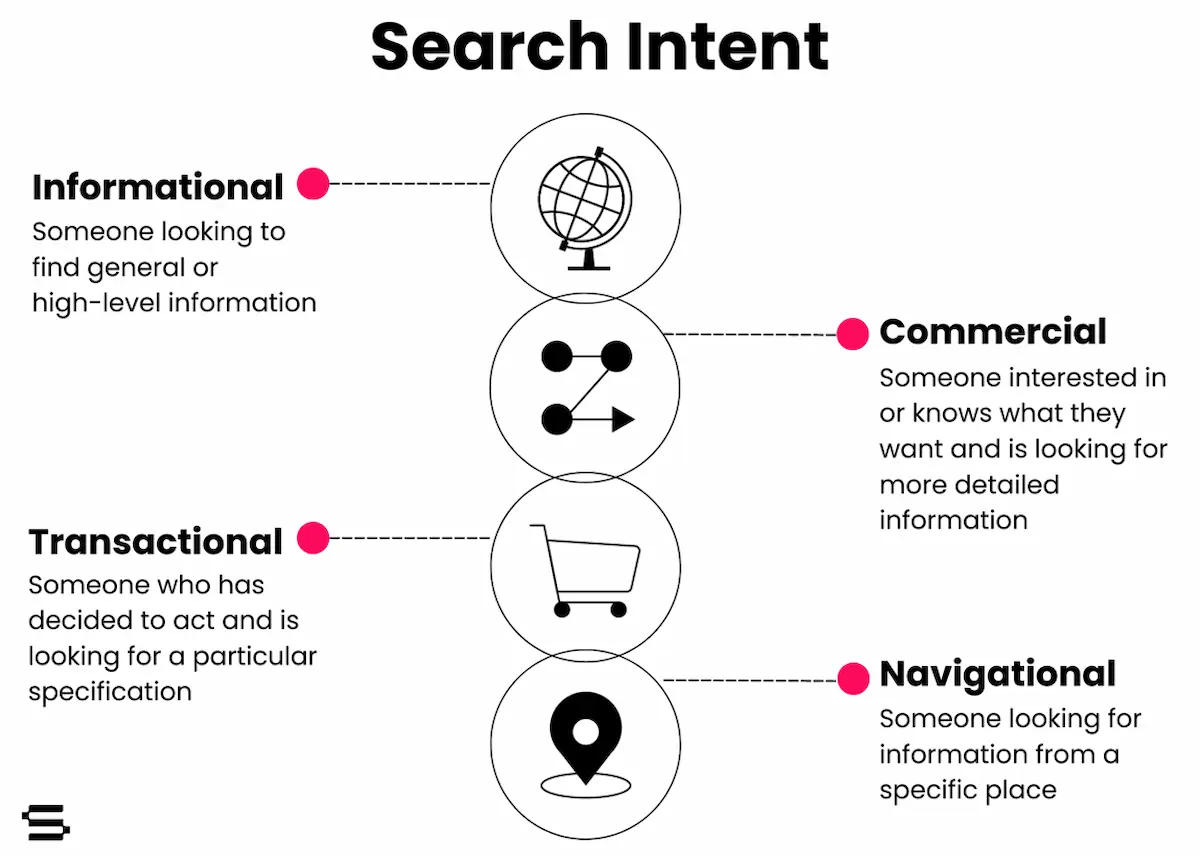During my time at Seer, I have had the pleasure of working with several managers who have been huge catalysts to my professional growth. Below is a list of seven practices that managers can follow that are absolute game changers to the long-term success and growth of the people they lead.
1. Celebrate Every Small Win 🎉
This is a small commitment with a big return to your team members’ morale and motivation. I am always looking forward to producing quality work for managers who take the time to cheer me on for my hard work and accomplishments. This can be done in so many ways, but here are a few examples:
- Add a quick, encouraging note to the beginning of your feedback. This can range from “You are absolutely killing it!” or “I can tell how much thought and hard work you put into this.”
- Reach out face to face (or via chat) with kind words when you’re impressed with how well your team member performed during a meeting. For example, if you had a nice thought about how confidently your team member presented themselves, share it.
- Use a tool, such as Small Improvements, to give public praise to your team members. We use this at Seer, and it’s an awesome tool because the company can see, like, and comment on the public praise. The writer can also tag specific people (like your other managers) to ensure they see this person is doing a fantastic job.
2. Pay Attention to How Your Team Members Work Best 👀
The best working relationships I have had are with managers who take time to get to know how I operate. This can be done in many ways, including:
- Set expectations from the get go. At the beginning of each new manager/team member relationship at Seer, we complete a quick questionnaire and run through them together. This questionnaire allows time for the manager and team members to get to know each other and set expectations. These questions cover a wide range of topics, including:
- What are your professional goals?
- What hours are you usually in the office?
- What other projects are you working on?
- How do you prefer to receive feedback?
- How do you like to receive instructions? Written, verbal, a bulleted list?
- Pay attention to how your team member reacts to your leadership style. As a manager, you likely have many defined beliefs and practices by which you lead. However, not all of your team members are alike and respond well to your style. For example take notice of:
- Is your team member responding well to your method of giving feedback?
- Do you know how your team member prefers to communicate? Do you follow that?
3. Continuously Support Your Team Members’ Goals👏

Successful and empowering managers are always aware of the goals of their team members and help them achieve what they are working towards. There are a few ways you can practice this:
- Routinely ask your team members what their professional goals are and how you can support them.
- Ask your team members which pieces of the project they prefer to own.
- Provide extra detailed feedback on areas that the team member is working on strengthening.
4. Help Manage Time ⌚
The best managers I have worked with always start each meeting by asking my bandwidth for the week. Following that, they give a clear timeline as to when each step of each task needs to be done in order to deliver our work on time. For example: “Can you have this to me by EOD Monday? If so, I can review by EOD Tuesday to give you time to address comments and deliver to the client by EOD Thursday.” This sets clear expectations and goals and teaches team members how to be efficient project managers.
5. Check in With Empathy 😉
Most of the time, managers hold meetings with their team members early in the week to divvy up tasks. While you each optimistically commit to certain tasks on a Monday, there are many weeks where priorities shift unexpectedly. If some clouds clear and you have extra time, reach out to your team member and check if there is anything they could use help with or have you take on.
This has created the best working relationships with my managers, as I am so driven to offer the same support when the opportunity presents itself, which results in neither team member feeling too overwhelmed.
Furthermore, if you usually offer extra help, they will feel more inclined to help you out whenever you reach out for support.
6. Take Time to Provide Thoughtful Feedback 👩💻
Taking your time to provide thorough feedback to your team members will not only help them develop professionally, but it will also save you time on feedback in the future as they learn from previous mistakes. The best feedback always includes:
- Exactly what should be changed. Which part of the team members work are you unhappy with? Providing this information gives them direction and confidence to feel happy with the final product once this is corrected.
- What the manager recommends. OK, so I get that you don’t like how it is now, but can you give me some insight into what you’re looking for? Providing direction on proposed changes empowers the team member to make impactful updates that are in line with what you want to see (therefore allowing you to avoid multiple reviews).
- Why. OK, I’ll switch these words around if that makes you happy, but how is that different? Providing your team members with the ‘why’ behind your feedback gives them insight into the reasoning for your feedback and teaches them the critical thinking that they should be using in the future when working on this same type of deliverable. The more you can provide this, the more your team member will learn, and the less feedback you will need to give in the future.
7. Don’t take Yourself too Seriously 🤪
Spoiler alert: we're all human. Being able to show weakness is a strength. Don’t get me wrong, professionalism is important, and being able to learn how to grow in that area from your managers is so valuable. However, we all have off days and certain weaknesses. If you can be real with your team members about those things, they can do so in return. That way, you can step in and help each other where it is needed the most, thus creating the best power team ever.
As I progress in my career, I am so grateful to have learned these strategies from the enabling managers I have worked with. I cannot wait to incorporate each of these in order to empower the team members I will have the opportunity to lead in the future.
Interested in Joining an Empowering and Empathetic Team?
As you can see, Seer is an amazing place to work, and the good news is: we're hiring! View our open positions now!
Want to stay in the loop on industry updates and the latest blog posts? Sign up for our newsletter!


